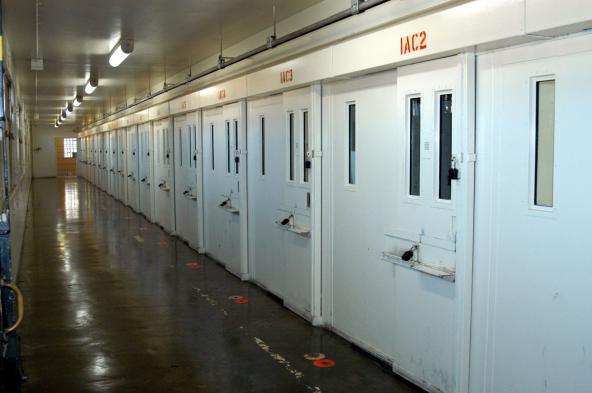
Abolitionists support death row survivors
Good news
Assisting people on death row
On October 26, 2017, the Taiwan High Court acquitted Cheng Hsing-Tse after 14 years spent on death row. The Taiwan Innocence Project, member organization of the Taiwan Alliance to End the Death Penalty, is at the origin of this successful enterprise. Indeed, founded in 2012, the Taiwan Innocence Project provides to post conviction cases that claim to be innocent an effective legal the representation enabling death row prisoners to challenge their death sentences. Taiwan Innocence Project is not the only organization providing legal assistance to people on death row. All around the world, similar projects assist people on death row. Over the last 25 years, the Innocence Project successfully exonerated 351 cases by DNA. But the movement is not limited to Innocence projects, several organizations have provided legal representation to obtain the commutation of a death sentence. The Malawi Capital Resentencing Project, for instance, has led to the release of 122 prisoners in Malawi since 2007.
Life after death row
Once free, these death row survivors are not left alone. To help them rebuilding their life, many abolitionists organizations assist former prisoners. The Sunny Center, for instance, provides a shelter to those who have been released from prison. During their time at the center, former prisoners recuperate and benefit from a therapeutic environment. On another level, Witness to Innocence has launched a compensation campaign to win federal compensation for people released from death row. Indeed, in the United States, many states refuse to pay compensation to exonerated death row survivors despite the significant damage they experienced. Because they were exonerated, they are often not eligible for state aid for the formerly incarcerated. Compensation is, nevertheless, essential for most of the exonerees.
That is why several organizations such as Witness to Innocence have taken action to remedy the system’s flaws. In February 2006, four Witness to Innocence exoneree members spoke before the Department of Justice about the needs of death row survivors after their release. The Malawi Capital Resentencing Project also sent several former death row prisoners to a Halfway House where they received a professional training to become driver. Thanks to this type of support, death row survivors can successfully reintegrate into society and for some of them, advocate for the abolition of the death penalty.
Death row survivors against the death penalty
Death row survivors have often stood up to denounce the justice system they were victims of. Because death row survivors are powerful advocates for the abolition of the death penalty, Witness to Innocence has built its entire campaign around exonerees’ narratives. The organization even released a documentary called The Gathering where 16 exonerees share their stories and their view on the American criminal justice system. Exonerees are also involved at various levels. After three years on death row, Kwame Ajamu now acts as Board Chair of Witness to Innocence. Paris “Rocc” Powell also joined the organization as a peer specialist after being sentenced to death in 1997 for a crime he did not commit.
Families are also victims of the death penalty.
Former death row prisoners, however, are not the only victims of the death penalty. Indeed, many organizations such as Journey of Hope and Murder Victims’ Families for Human Rights (MVFHR) challenge the presumption that victims’ families are in favor of the capital punishment. For many of them, the death penalty does not relieve them from their pain. On the contrary, it exacerbates it. Despite witnessing her own son being killed by gang members, Vera Crutcher joined Journey of Hope: “Even though we hurt, we forgive. We forgive because that’s the only way we are going to heal. If we do not heal, we’ll have this anger eating us like cancer.” In October, Murder victims’ family members went on tour in Texas to spread its message and advocate for the end of the death penalty in the state.
Abolitionists do not forget either family members of the executed. MVFHR has launched the “No Silence, No Shame” campaign which aims to draw attention on how the death penalty harms families of the executed. For the 15th World Day Against the Death Penalty, VIASNA, in partnership with the World Coalition, released a short video about Tamara Sialun, a mother whose son was sentenced to death in Belarus. In the video she described the difficult situation she experienced following the death sentence of her son: “I went down into that debt abyss, from which it’s hard to get out […] I am hungry, but I must endure.”
Like VIASNA or Witness to Innocence, all these organizations have a leitmotif: providing assistance to all the death row survivors, and hoping that their story will convince governments to abolish the death penalty.



